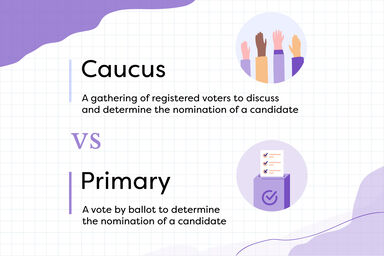By the concordat of Worms, 1122, the emperor surrendered the right of investiture by ring and staff, and granted the right of election to the clergy.
The citizens did not dispute the right of election by the kingdom but they held that that election did not necessarily include the choice of London.
In 1383 the right of election reverted to the wards, but was obtained again by the livery companies in 1467.
A common practice is for the holder of a high title to nominate a successor; and his nomination is generally confirmed by the chiefs, or heads of households, with whom the right of election rests.
The latter prince was the worthier of the throne, but the other better suited the policy of the eunuchs and those noblemen who had the right of election.





